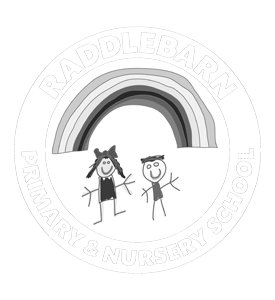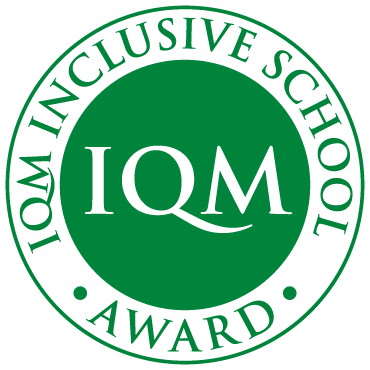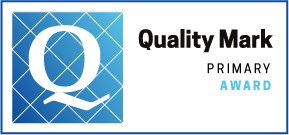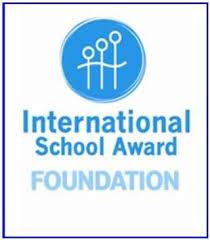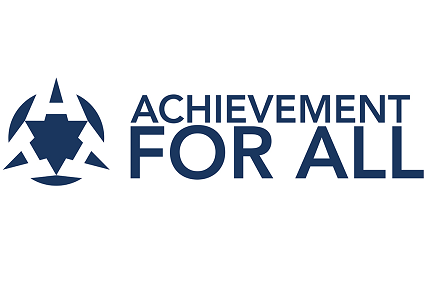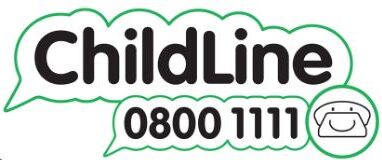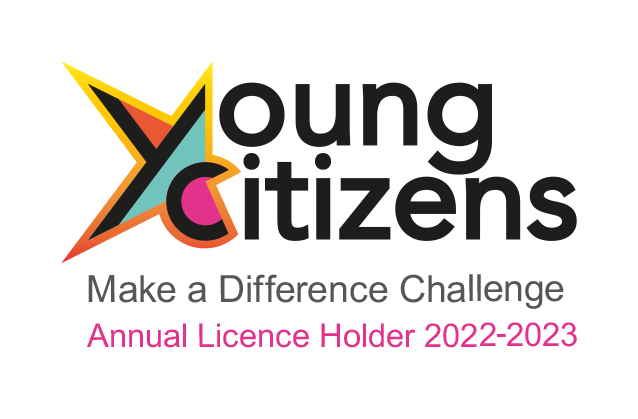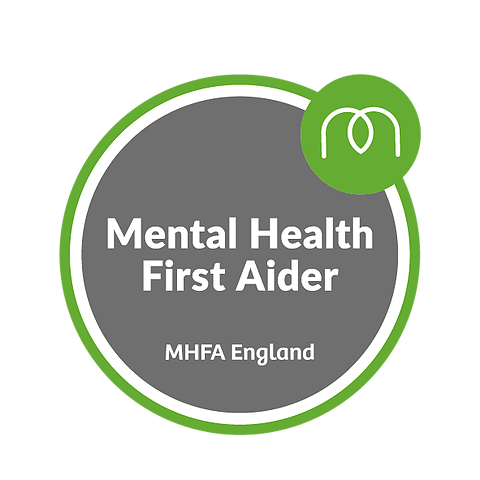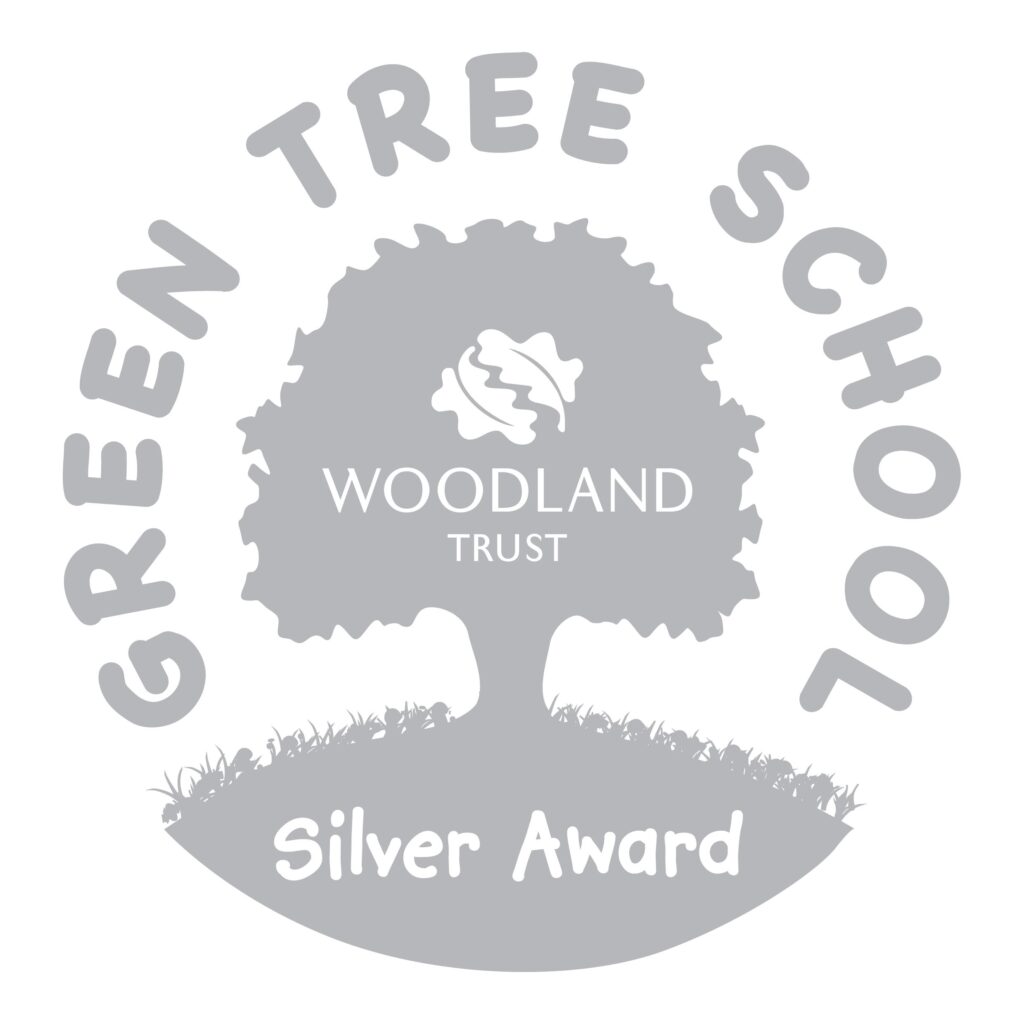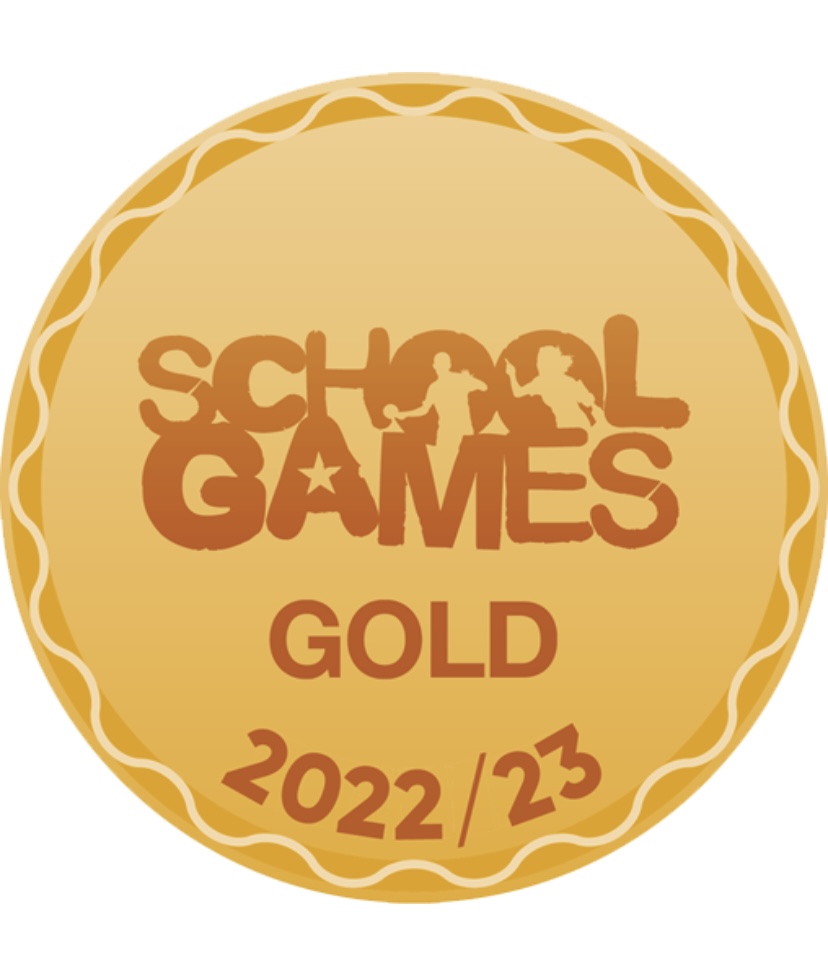Intent
At Raddlebarn, our vision is that our language learners appreciate and respect that we live in a multicultural world. We strive to support pupils to be curious about the world around them and take interest in other countries and cultures.
To that end, we aim that our KS2 pupils will learn and understand both spoken and written French. As they progress through KS2, they will learn to speak French with increasing confidence, fluency and spontaneity. By speaking French regularly, they will improve the accuracy of their pronunciation and intonation. Pupils will also develop an appreciation for writing and will be able to write French for different purposes and audiences and incorporate the grammatical structures that they have learnt.
Our intent is that when pupils leave Raddlebarn, they will have developed skills and confidence in French and they will be enthusiastic and prepared to continue language learning at secondary school.
Implementation
All our children in KS2 have regular language lessons. We follow the ‘Language Angels’ scheme of work to ensure coverage and progression. Children acquire, use and apply a growing bank of vocabulary organised around topics. Each unit covers a speaking, listening, reading and writing element.
For each unit of work, there are four quick quizzes (speaking, listening, reading and writing) to assess pupil understanding. Each unit of work also has an ‘I can’ assessment for pupils to reflect on their own understanding.
In addition to weekly lessons, we celebrate Modern Foreign Languages through a range of activities and events. We have an annual French café, whereby all pupils are invited to enjoy French cuisine. Every December, we send and receive Christmas cards to schools in other countries across the world including France. Raddlebarn’s One World Week is an exciting opportunity to celebrate the wide range of languages spoken at our school. We invite parents in to share their home language and culture with pupils (this includes French among many others!) Mother Languages Day further provides children with the opportunity to celebrate their heritage.
Impact
Work in French books evidence a broad and engaging curriculum with clear progression from Year Three to Year Six. In each topic, pupils learn new vocabulary, and this is applied and embedded through a range of different activities.
Pupils report that they enjoy French lessons, finding them creative and interesting. Many explained that they feel confident to practise speaking French in class with their peers. A Year Six child stated that they used some French they learned on a family holiday to Paris. Upper Key Stage Two pupils are looking forward to exploring other languages at secondary school.
In addition, by recognising and promoting the different cultures of our pupils through lessons and themed events, we in-turn foster well-being and self-esteem, which has had a positive impact on mental health across the school, as well as bringing the school together.
Supporting Documents:
Year Three
For the first year of language learning, pupils are exposed to core vocabulary, from greetings and commands to numbers and colours. They will start to show understanding of a few familiar spoken words and phrases.
Here is an example of learning numbers 1-10.

Year Four
In Year Four, pupils are gaining confidence in French. They can explore the patterns and sounds of language and will understand a range of familiar spoken phrases.
Below is an example of a Year Four listening exercise as part of their ‘Habitats’ topic.

Year Five

Year Six
By Year Six, pupils are able to write a short text using expressions which they have already learnt. They can write phrases from memory and adapt these to create new sentences.
Here’s an example from Year Six’s World War Two topic, whereby pupils wrote letters in French from the perspective of an evacuee.


